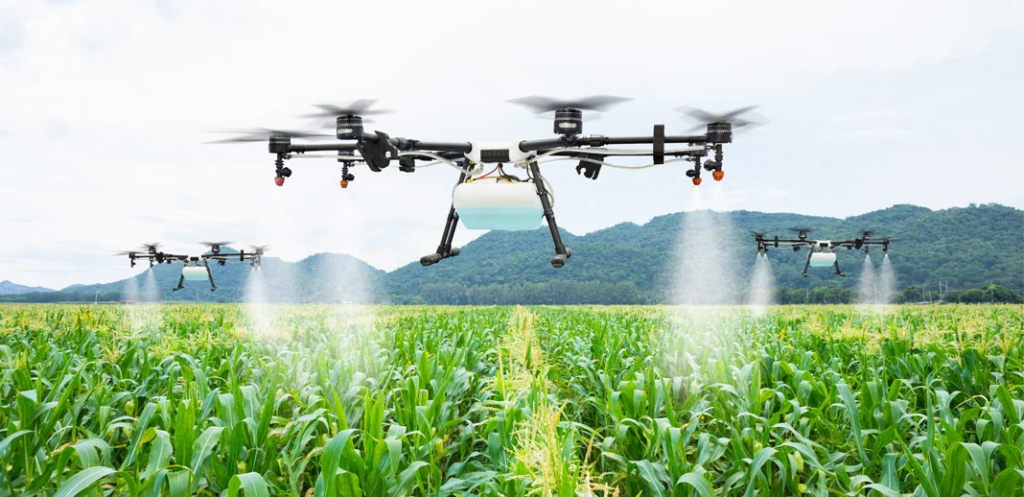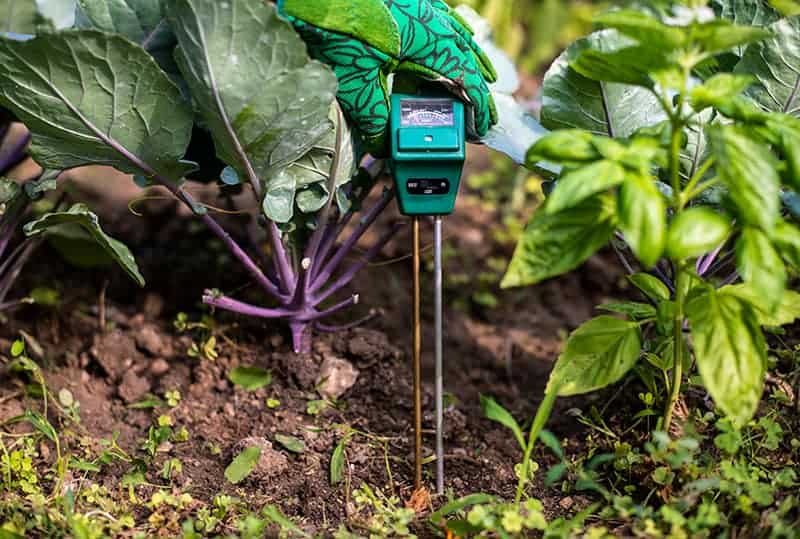
Water scarcity is a critical challenge for Indian agriculture, affecting crop yields and farm sustainability. However, technological advancements in water storage and management are paving the way for more efficient and effective solutions. This article explores cutting-edge technologies that are revolutionizing water storage practices in Indian agriculture, helping farmers to optimize water use and enhance productivity.
Smart Irrigation Systems
Drip Irrigation
Drip irrigation systems deliver water directly to the plant roots through a network of pipes, valves, and emitters. This technology reduces water wastage and ensures that crops receive a consistent and precise amount of water. Modern drip irrigation systems are equipped with sensors and automated controls that adjust water flow based on real-time data, optimizing water use according to the specific needs of different crops.
Sprinkler Systems
Advanced sprinkler systems have evolved to become more efficient and adaptable. With the integration of weather sensors and soil moisture monitors, these systems can adjust water distribution based on environmental conditions. This helps in minimizing water wastage and ensures that crops receive adequate hydration without excess runoff.
Rainwater Harvesting Technologies
Rooftop Rainwater Harvesting
In regions with scarce groundwater resources, the method of rooftop rainwater harvesting is growing in popularity. This system is designed to collect rainwater from rooftops and then direct it into storage tanks. Innovations in filtration and storage technology have improved the quality and quantity of harvested rainwater, making it a viable resource for agricultural use.
Check Dams and Percolation Pits
Check dams and percolation pits are traditional yet effective methods of rainwater harvesting. Recent advancements include the use of geotextile fabrics and reinforced structures to enhance the durability and efficiency of these systems. These improvements help in capturing and retaining rainwater, increasing groundwater recharge and providing a reliable water source for irrigation.
Water Storage Solutions
Flexible Water Storage Tanks
Flexible water storage tanks, made from materials like PVC or high-density polyethylene, are a recent innovation in water storage. These tanks are lightweight, durable, and can be easily transported and installed in various locations. They offer an affordable and space-efficient solution for storing large quantities of water, especially in remote agricultural areas.
Underground Water Storage Systems
Underground water storage systems, including concrete and plastic cisterns, are designed to store water below the ground. These systems are insulated from temperature fluctuations, reducing water evaporation and contamination risks. Innovations in construction materials and designs have improved the efficiency and longevity of underground water storage systems, making them a practical option for long-term water management.

Water Management and Monitoring Technologies
Soil Moisture Sensors
Soil moisture sensors provide real-time data on soil water content, allowing farmers to make informed irrigation decisions. These sensors can be integrated with irrigation systems to automatically adjust water application based on soil moisture levels. This precision helps in reducing water waste and improving crop health.
Remote Sensing and Drones
Remote sensing technology and drones are transforming water management practices by providing detailed aerial imagery and data analysis. Drones equipped with multispectral sensors can monitor crop health, soil conditions, and water distribution. This information helps farmers to optimize irrigation practices and detect issues such as water stress or irrigation inefficiencies early.
Innovative Water Recycling and Reuse
Greywater Recycling Systems
Greywater recycling systems treat and reuse water from domestic activities such as washing and cooking. These systems can be adapted for agricultural use, providing an additional source of water for irrigation. Innovations in filtration and treatment technologies have made greywater recycling more efficient and safer for agricultural applications.
Wastewater Treatment Plants
Advanced wastewater treatment plants are designed to purify and recycle water from agricultural and industrial sources. These plants use technologies such as membrane filtration, biological treatment, and chemical processes to produce high-quality water suitable for irrigation. The reuse of treated wastewater helps in reducing the demand on freshwater resources and supports sustainable agricultural practices.
Conclusion
Technological innovations in water storage and management are playing a crucial role in addressing the challenges of water scarcity in Indian agriculture. From smart irrigation systems and rainwater harvesting to advanced storage solutions and water recycling technologies, these advancements are improving water efficiency, reducing waste, and enhancing crop productivity. Embracing these technologies can help Indian farmers achieve more sustainable and resilient agricultural practices, ultimately contributing to food security and environmental conservation. As these technologies continue to evolve, they offer promising solutions to the pressing issue of water scarcity in agriculture.


